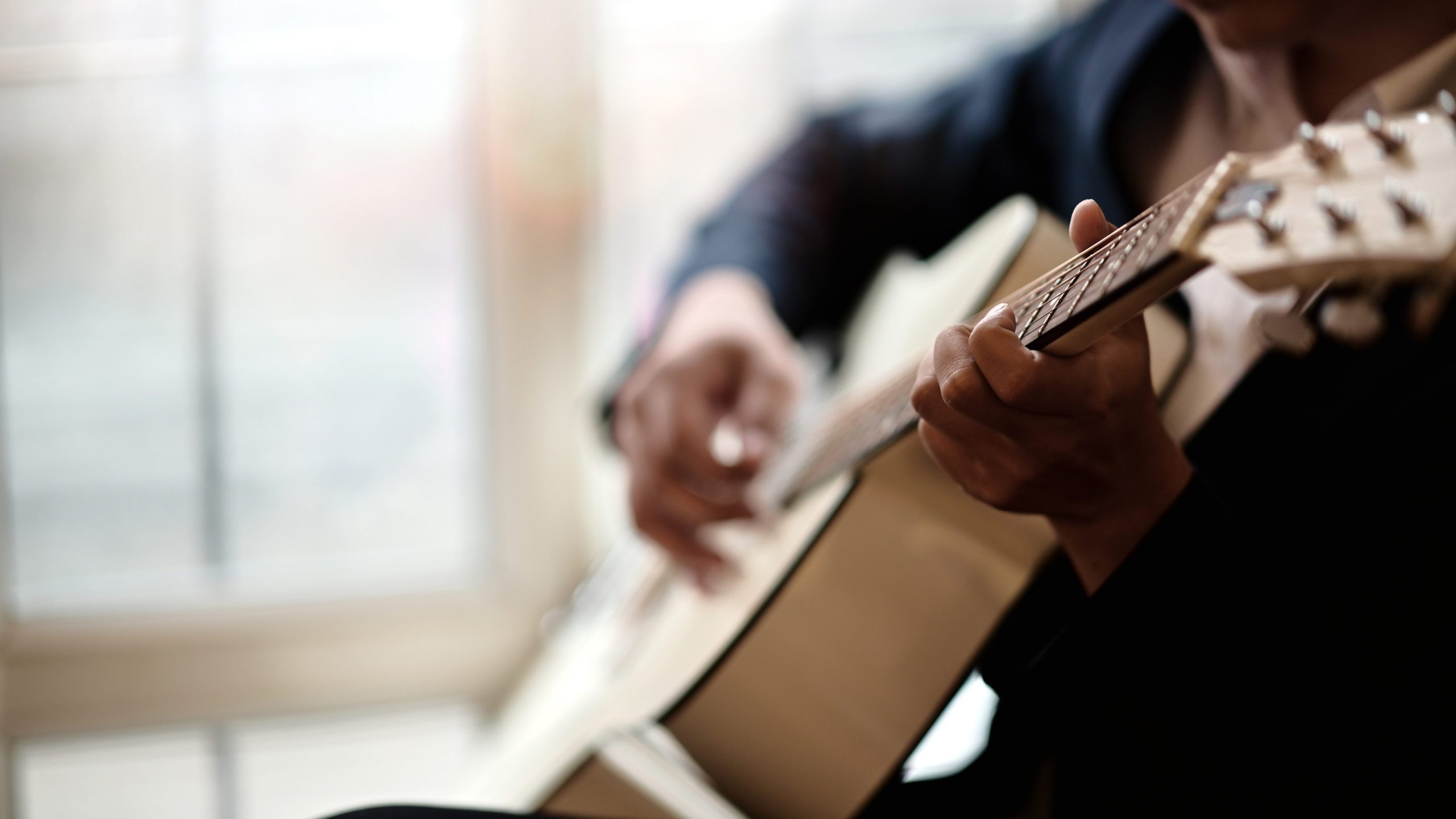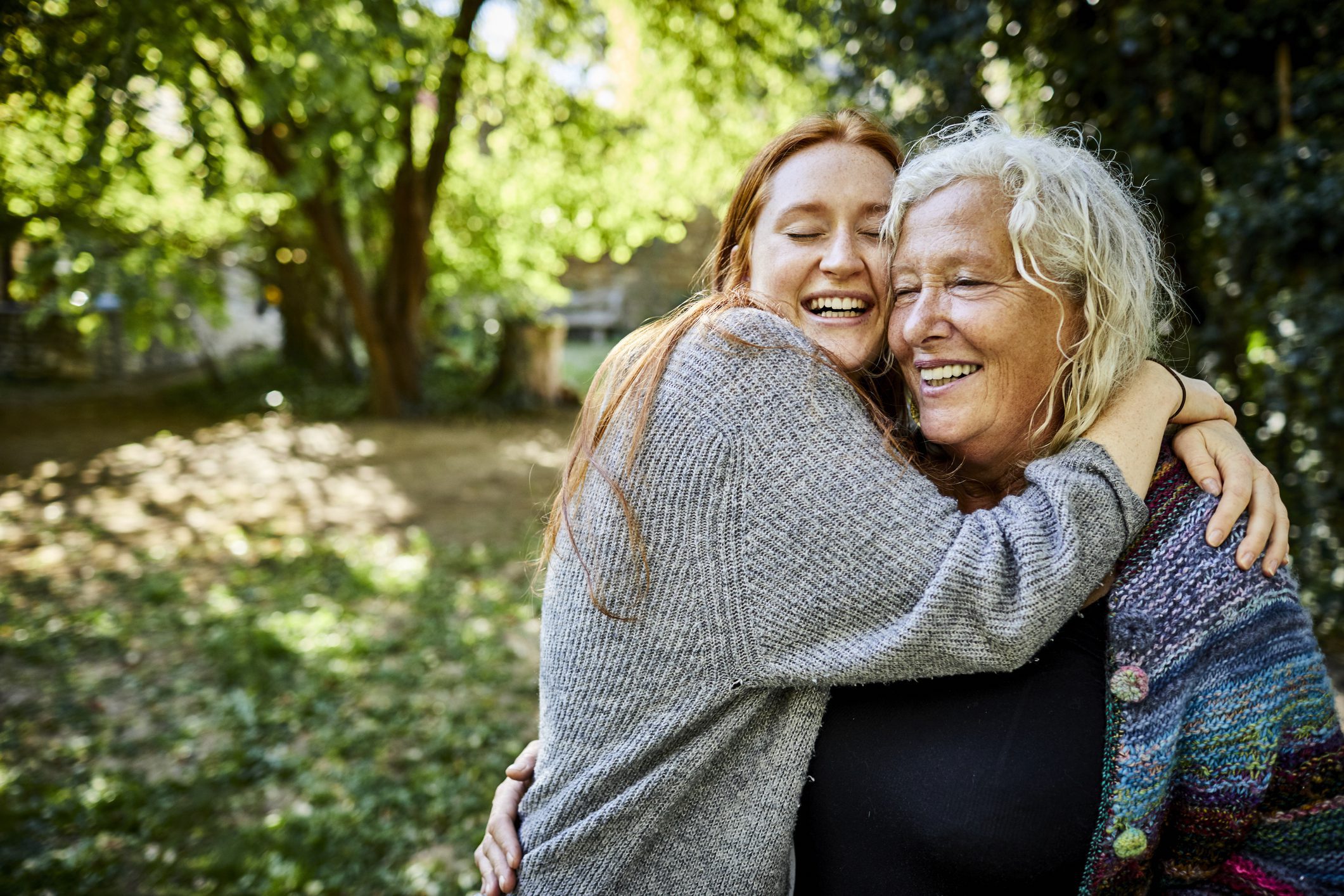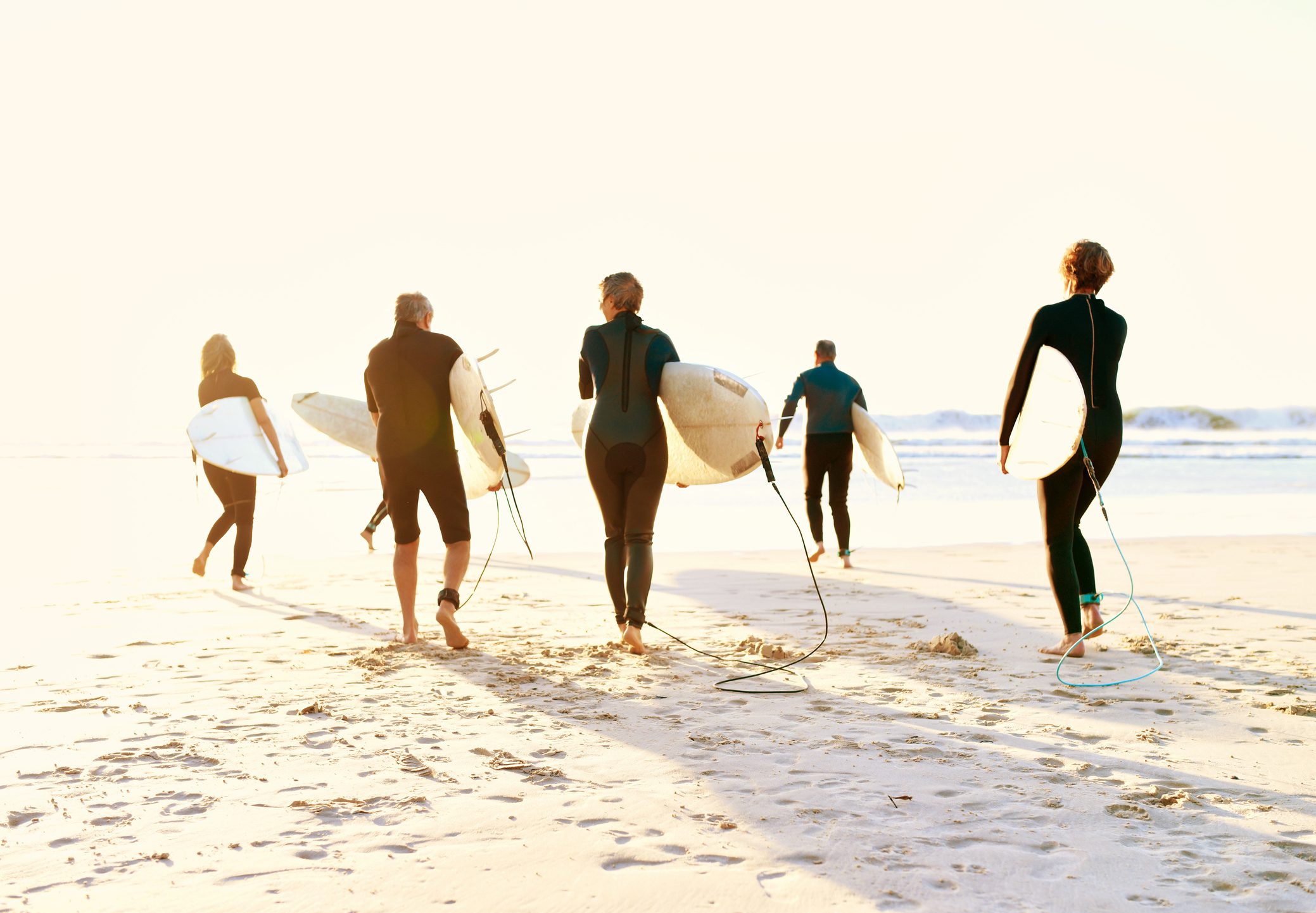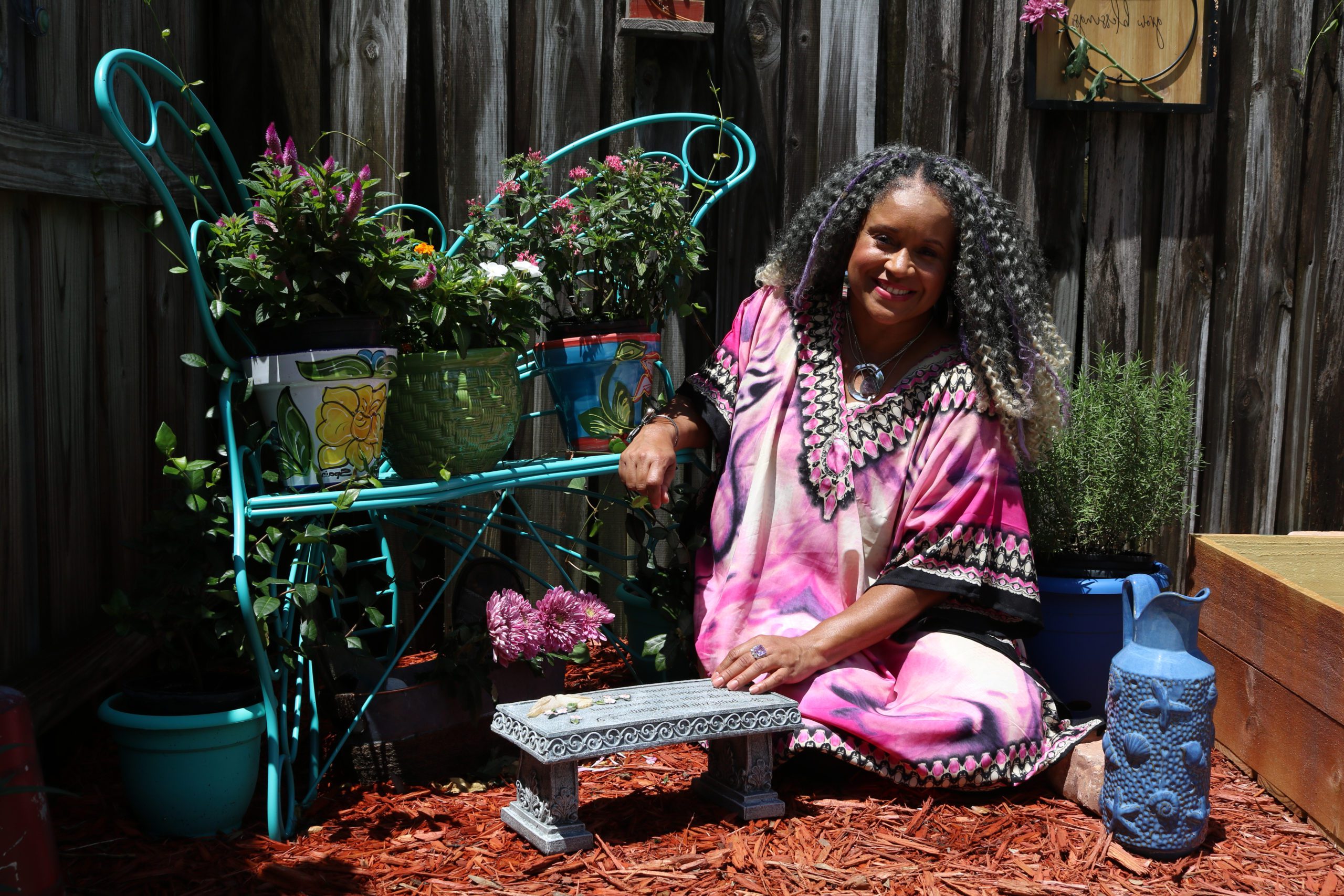Americans are understandably feeling the strain of social isolation during the Covid-19 pandemic, but there are ways to cope with social isolation and loneliness.
First, the sobering news: more than a third of adults 45 and older feel lonely and nearly a quarter of those 65 and older are socially isolated, according to a recent study released by the National Academies of Sciences, Engineering, and Medicine.
Social isolation and loneliness are not one in the same. Loneliness is the feeling of being alone, regardless of the amount of social contact a person experiences. Social Isolation is a lack of social connections.
“You can be in a crowd of people, you can be surrounded by people and still feel socially isolated,” Paul Kaplan, MD, Senior Medical Director, Florida Blue Medicare told Growing Bolder.
“Sometimes people say, ‘Well, that guy must be okay. Look at all the friends around him or he’s always out and about doing things.’ But the reality is, you can be doing things and still be lonely. And the harmful impacts of loneliness and social isolation on the human body are extensive — stress, depression, poor sleep, cognitive decline, impaired cardiac function, increased risk of stroke and many others.”
Here are some tips to cope with these feelings:
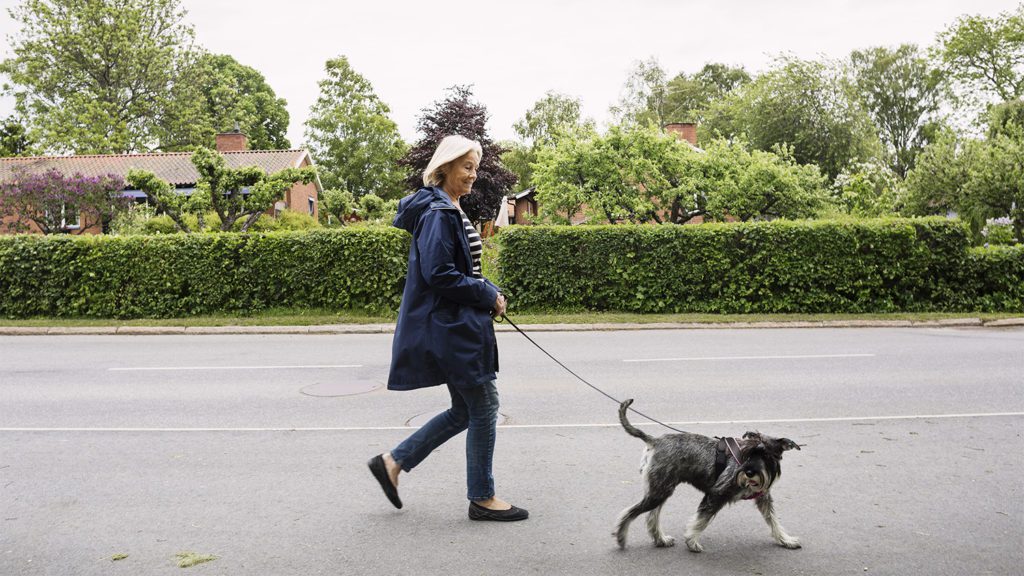
Exercise: Health practitioners suggest getting at least 150 minutes of moderate aerobic activity or 75 minutes of vigorous aerobic activity a week, or a combination of moderate and vigorous activity.
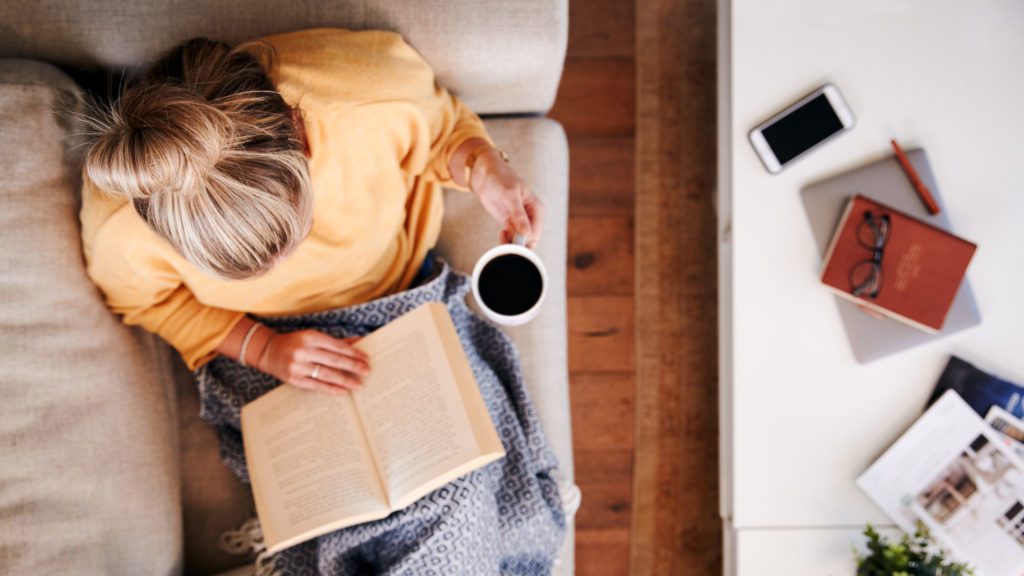
Read: It stimulates brain activity. But the benefits go beyond casual reading, A 2019 poll conducted by Cengage revealed that 69 percent of employers are looking to hire personnel with “soft” skills that included the ability to communicate effectively. Reading sharpens your vocabulary and exposes you to new words. There’s a carry-over when dealing with face-to-face communication.
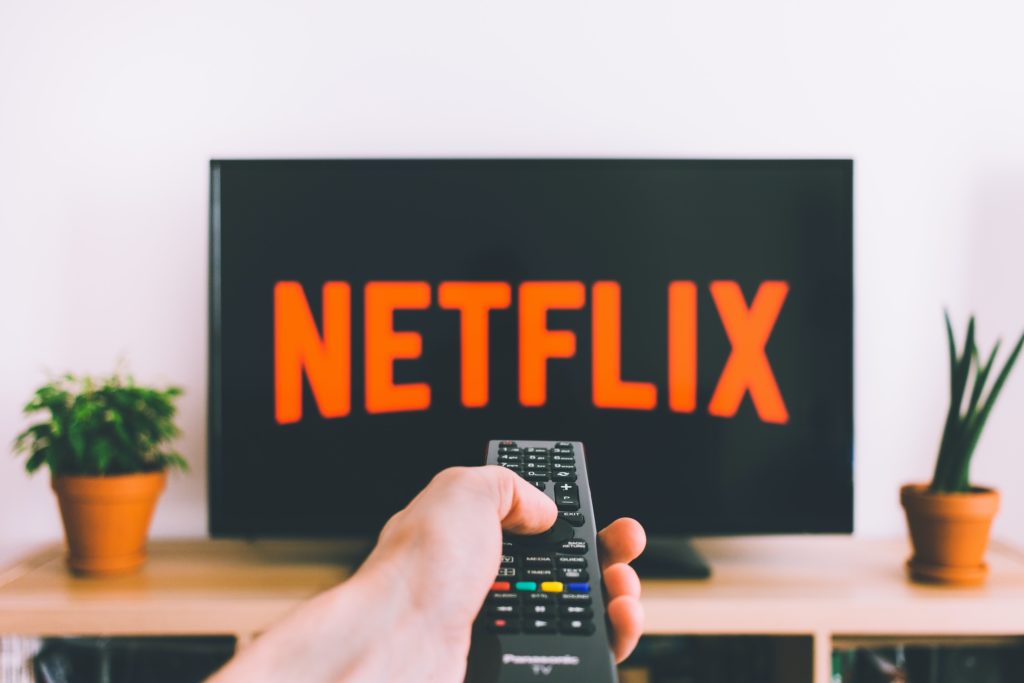
Watch TV or a Movie: There’s no need to fixate on bad news if it is bringing you down. New-age technology allows us to stream all sorts of channels based on your preferences. For instance, a guilty pleasure that has been critically acclaimed is “The Queen’s Gambit” on Netflix.
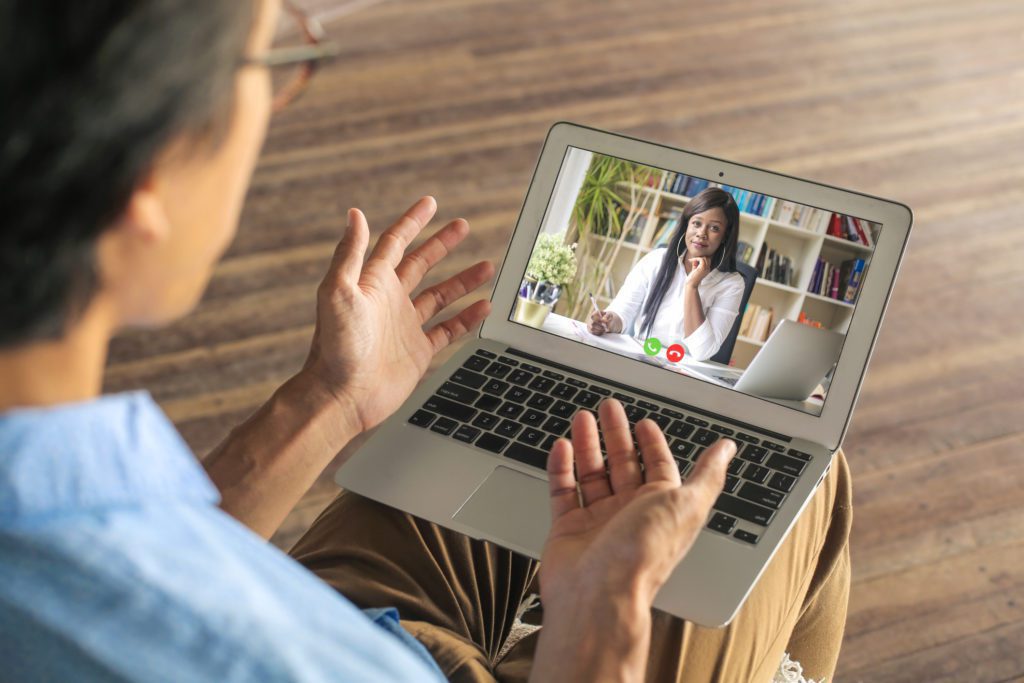
Therapy: It’s not a bad word. And you don’t have to be stuck in a dark abyss to get help. And know you are not alone. Recent studies show that clinically high levels of depression doubled comparing the first two months of 2020 to after Covid-19 hit in March and April.
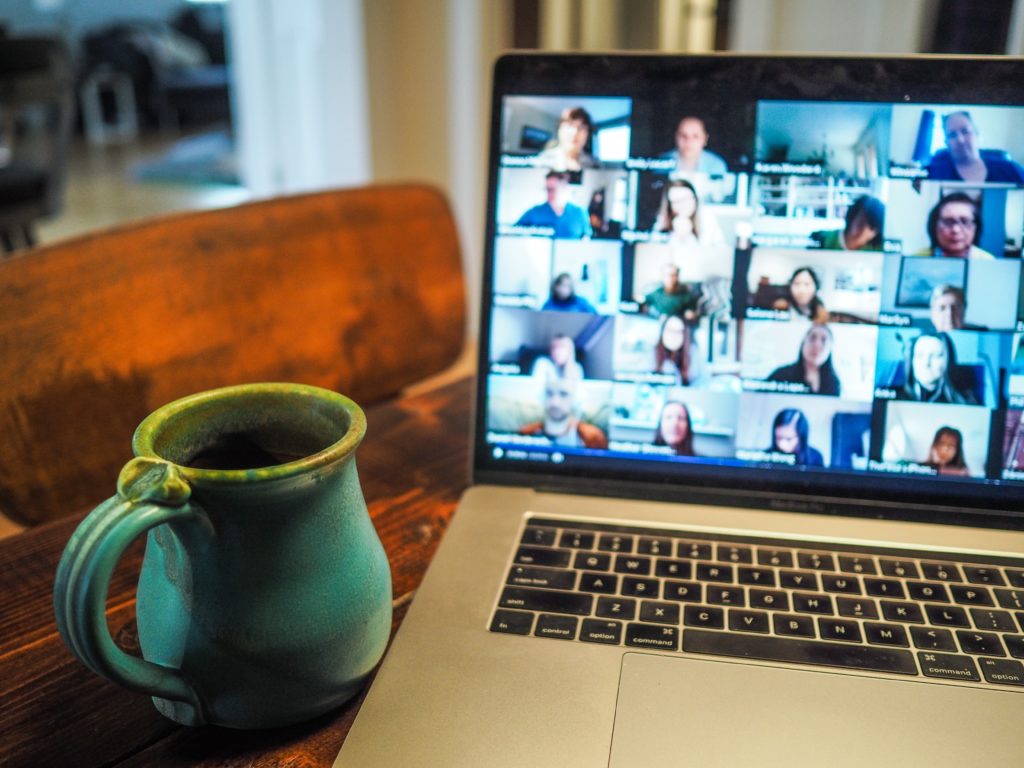
Reach Out to a Friend: It’s free, and you can do it in person, via phone, or catch the Covid wave and do a Zoom call.



